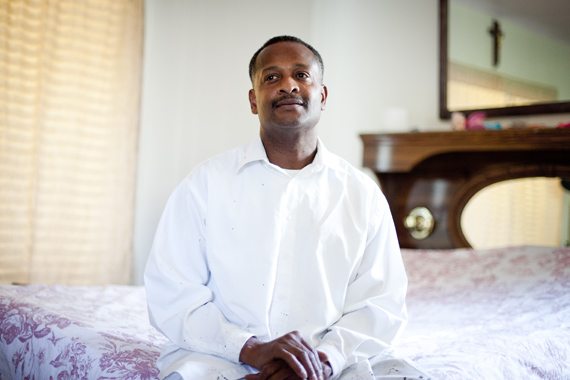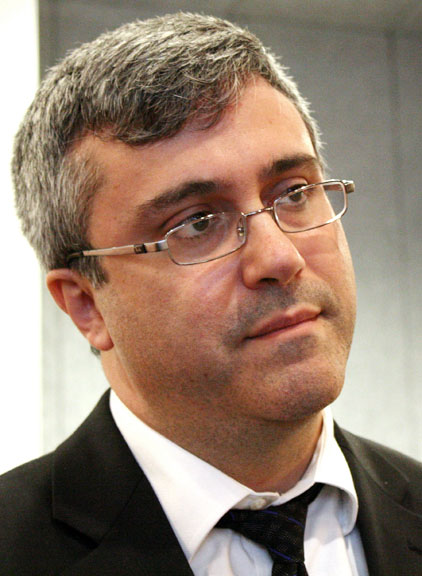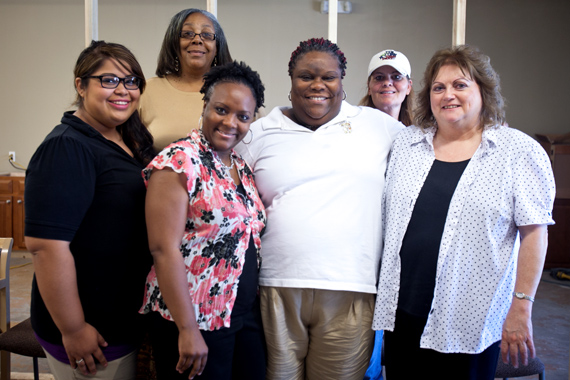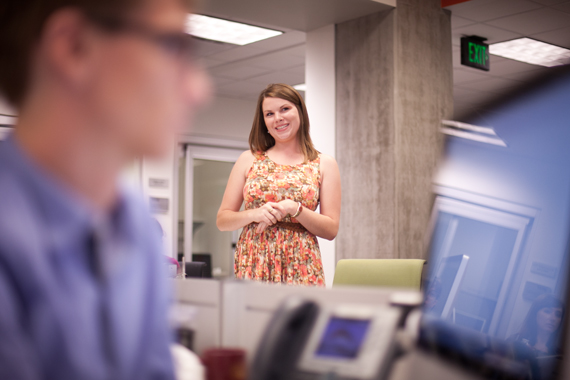
Nashville, Tenn., resident Allen Jenkins has been unable to vote for nearly 20 years. Photo by Michael Ciaglo/News21
Thousands of Tennessee felons will have another way to restore their voting rights under a law scheduled to take effect July 1.
Offenders may expunge a single nonviolent misdemeanor or felony from their record under the new law. A nonviolent felony conviction in Tennessee means losing voting rights until fulfilling the terms of the sentence and applying for voting restoration.
Felons whose records are expunged under the new law would no longer be required to submit a separate application to vote.
Nashville, Tenn., resident Allen Jenkins has been unable to vote for nearly 20 years after he was convicted of a felony drug counterfeiting charge. Although Jenkins, 50, said he was aware that a felony conviction meant losing his voting rights, he pleaded guilty.
Jenkins is raising the $350 needed to apply to expunge his record instead of completing the enfranchisement application, because he hopes expunging the conviction will help him find employment.
“I’m a U.S. citizen,” Jenkins said. “I was born in this country. I’m a part of this country… I should not be condemned over something I’ve done in the past when that past is dead.”
By Carl Straumsheim, News21




